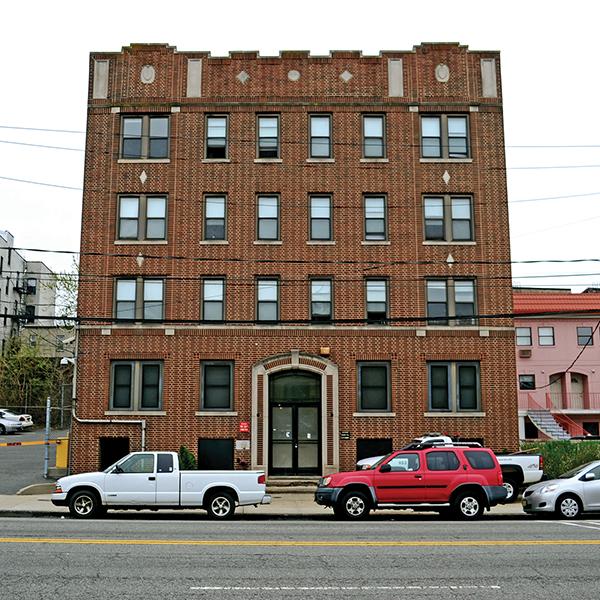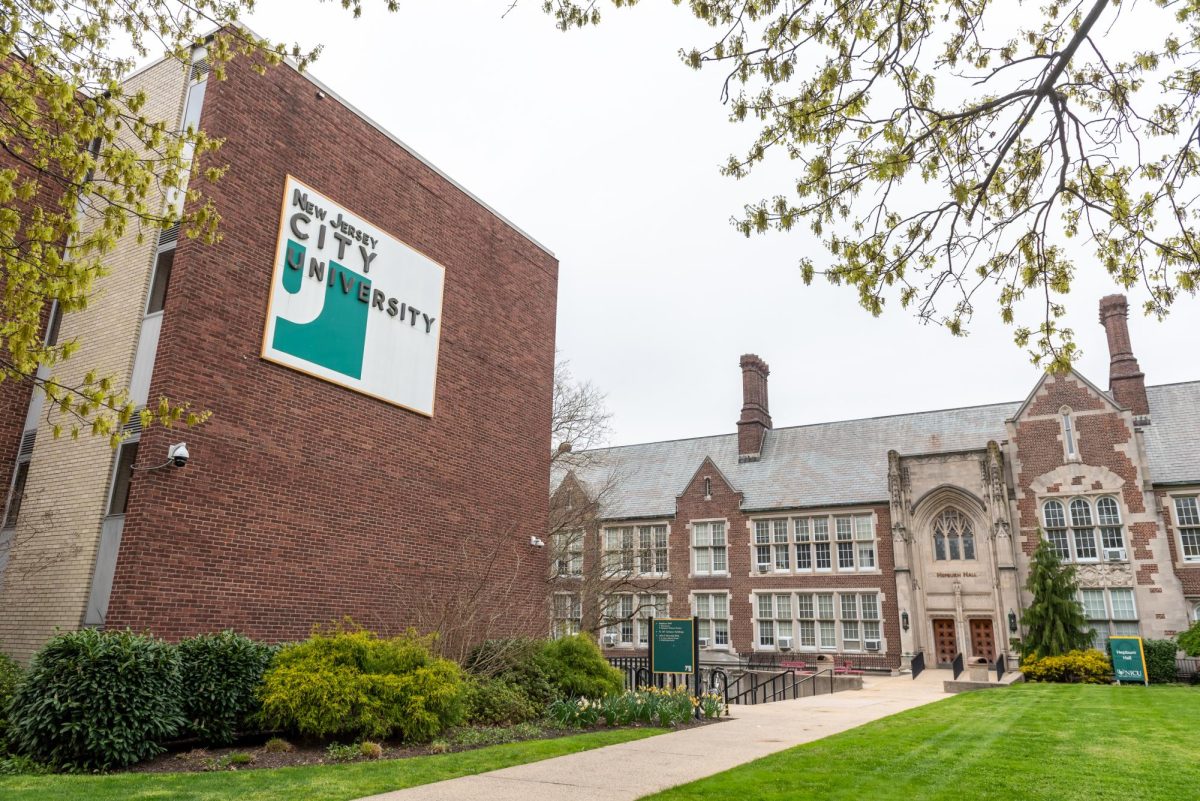
By Armando Sultan and Steven Rodas
An NJCU Residence Life meeting on April 11 outlined the department’s future plans and recent student complaints. The problems often cited by resident students and R.A.s (resident assistants) revolve around food availability, safety and general morale.
Most resident students claim to feel segregated from the rest of the campus.
In addition, it was revealed that the University Apartments, located at 2040 Kennedy Blvd. would no longer be used as residence halls. However, the precise date of their decommissioning was not specified.
Community assistants (or C.A’s are resident students who relay the feedback their peers have to policy changes), resident advisors and an NJCU administrator attended the regular meeting.
When asked what she felt the challenges faced by resident students, Tamar-Lawson-McPherson, director of the office of Residence Life, referred to a lack of “social space.”
“[We need] an adequate social space that is 24 hours, a meeting places where the resident students can meet without negatively impacting the other residents.“
“[In addition we] challenge the students, to make it a habit to attend at least one program a month,“ added Lawson-McPherson during an interview prior to the residence meeting.
Matt Smith, a current R.A. in the Co-op dormitories, believes NJCU residents often feel segregated from the rest of the campus.
“Not all resident students feel a part of the campus, “ said Smith. “(Also) the residence department is telling the R.As to get more students involved but is not providing the money or tools. They’re telling you to do one thing but then falling short of helping you achieve it by giving you the cheapest option.”
James Impellizeri, a student, told The Gothic Times that the Office of Residence Life has been “cracking down on the RA’s, making them get people to participate and get people excited to be on campus.”
Despite the school’s attempts to create more unity, the Residence meeting confirmed a decline in student tenants. Smith was not surprised by this revelation.
“As of late the dormitories definitely feel empty,” said Smith.
The NJCU Facilities and Master Plan, created in 2009 and recently revised in February of this year, makes direct reference to the isolation often felt by resident students.
“Because the buildings are separated from each other, there is little feeling of student life on campus,” reads page 24 of the Facilities Master Plan. “Clustering the dormitory rooms around residential courtyards would generate a feeling of full-time student activity on campus and allow all the rooms to share common support spaces.”
This section of the master plan goes on to say that NJCU plans to “increase the quantity and improve the quality of student dormitories.”
However, it is unclear what the university is doing to accommodate the current resident students.
“I feel with the new residences at the West Campus students who will graduate in the next year or two will be neglected,” said Smith. “But the freshman and new students will really benefit.”
Most students also feel that the recent meal plan change further pushes this isolation.
Currently, resident students pay $1,800 for the standard meal plan, which only grants them access to the Vodra Hall café. Students who wish to eat at the GSUB café are required an addition $200 fee.
“The meal plan rule does not make any sense, it costs too much and is inconvenient,” said former resident student from NJCU, Amarachi Azu.
At present, the University houses about 241 students in three structures. The Facilities Master Plan states that 14 percent of the new West Campus would be dedicated to student housing.
Therefore the school would house roughly 800 students or 10 percent of the current student body, which are approximately 8,000 students.
Currently the school houses about 3 percent of the campus.
“We do a lot with the resources we have but it can sometimes be hard,” said 20-year-old Merlyn Polanco who currently R.A. for the 2040 dormitories.
Lawson-McPherson, Director for the Office of Residence Life, did not respond to emails or call after the meeting on April 11.







